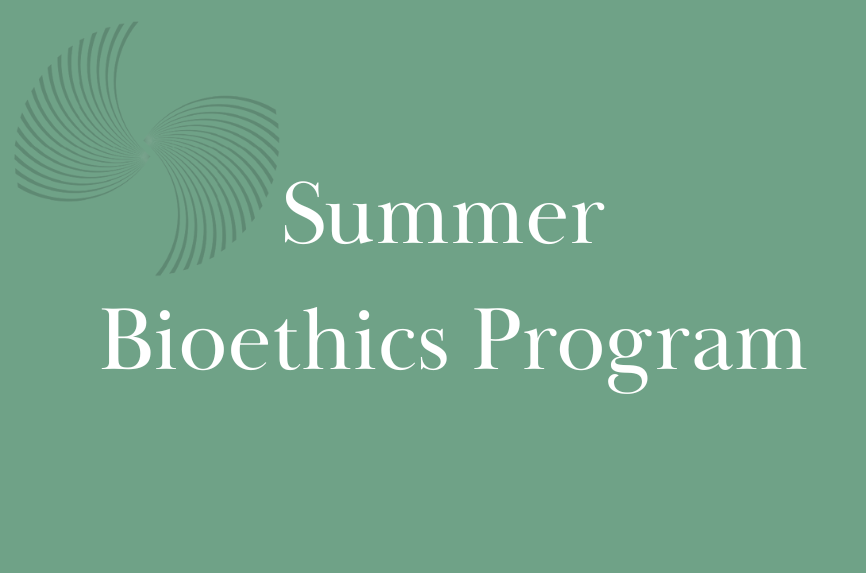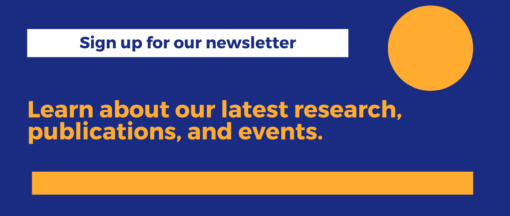Hastings Center News
“I see bioethics in almost all aspects of life now.”
How can—and should—AI robots care for us? What ethical issues are raised by using animals as research subjects—including for transplanting animal organs into humans? These were among the wide range of questions explored during The Hastings Center’s fourth annual Summer Bioethics Program, which took place in June. The weeklong online program is for undergraduate students who are interested in bioethics issues and related careers who have limited opportunities for bioethics training.
Twenty-one students from American colleges and universities were selected to participate through a competitive application process. Faculty included Hastings Center Fellows, staff, and other experts. Hastings Center Fellow Faith Fletcher and former research associate Danielle Pacia co-chaired the 2025 program, working with Hastings Center senior research scholar Nancy Berlinger and project manager and research assistant Richa Venkatraman.
One of the sessions, Community Building with Sadler Scholars, featured four of The Hastings Center’s Sadler Scholars, a select group of doctoral students pursuing bioethics research careers.
Through talks, discussions, debates, and other approaches, the summer program aims to engage students in thinking about and discussing some of the most important bioethics issues facing this society and the world, and in considering how to integrate bioethics into their career plans. Students complete anonymous evaluations at the end of each day and at the end of the week, reflecting on what they’ve learned and what they’re curious about and providing suggestions to guide program improvements.
Following the program, several students offered detailed reflections on their experiences. Among their comments:
“. . . the overall fostering of discussion and emphasis on personal development was the greatest help the program gave me. Getting to discuss issues with my peers and having so much interaction throughout the week gave me the chance to develop my own opinions and capabilities in a way I didn’t expect . . . This program has done amazing things for me in terms of gaining a better understanding of what it is I want my future to look like.”
“I was able to learn what careers and pathways are available to someone interested in bioethics, and what other disciplines influence the field.”
“The lectures about race in genetic research were fascinating (and stretched my nonmedical brain to comprehend new concepts about science in genealogy/sociogenetics).”
“Before the program, I was a future physician struggling with understanding how to incorporate my research interests and activist experience into the job. Now, I am heavily considering an MD/PhD and searching actively to do research and participate in internships that have bioethics programs.”
“Speakers introducing concerns surrounding research parameters . . . animal welfare, artificial intelligence (etc.) expanded my view. I see bioethics in almost all aspects of life now.”
The Summer Bioethics Program is one of The Hastings Center’s pathway programs, which build community for next-generation scholars who are interested in bioethics issues and careers and may have limited opportunities for bioethics training or interdisciplinary work. The summer program is supported by The Center for ELSI Research and Analysis (CERA) through The Hastings Center-CERA partnership and by individual donors to The Hastings Center. CERA funding supports program content on the ethical, legal, and social implications of human genomics. The Hastings Center’s Harriet Rabb Fund for a More Inclusive Bioethics and the Emily Murray Fund provide student stipends and faculty honoraria.

